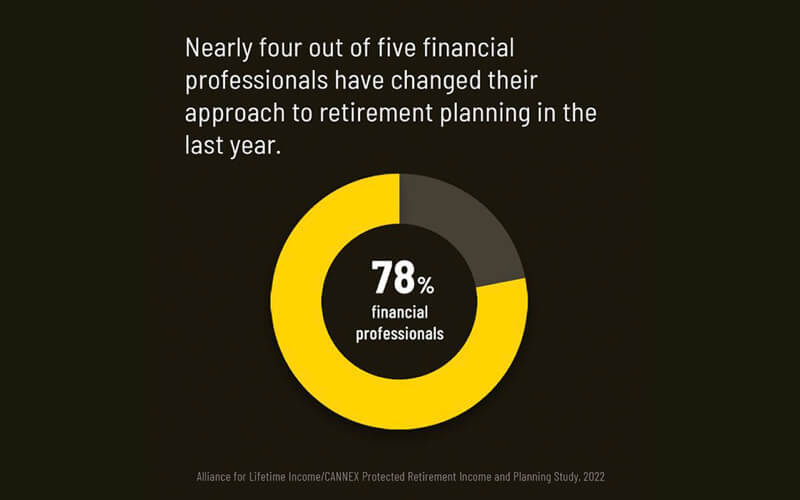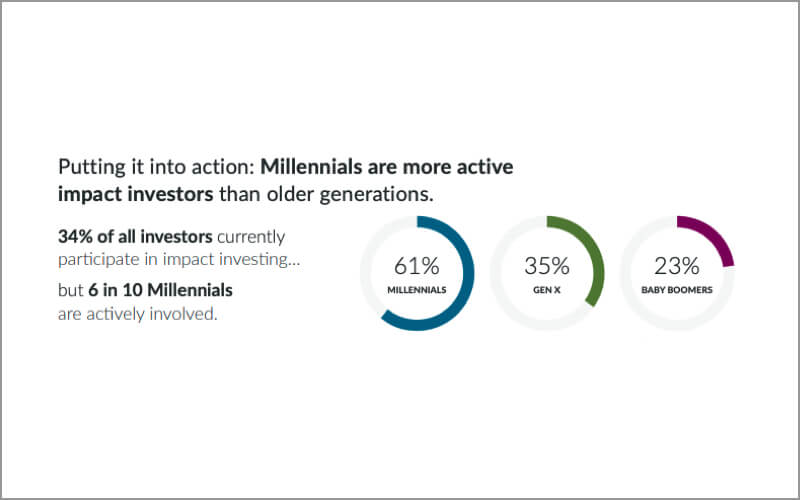A recently published Ameriprise study found that nearly two-thirds of siblings talk about money with each other and, of those, only 15% experience conflicts over money. These issues are usually about their parents (68% of the time). Other common causes of tension between siblings revolve around spending habits and different money values (56%), different income levels (46%), and issues around money repayment (33%).
While siblings don’t often argue over finances, they report different views on money. Over half (57%) say they approach financial decisions differently, and just under half (44%) believe they are more financially responsible than their siblings.

The survey also asked siblings what they do and don’t discuss when it comes to finances. Some of the most popular topics of conversation are another relative’s financial situation (discussed by 58% of siblings who talk about money), long-term financial goals (56%), and the cost of healthcare (56%). Siblings don’t discuss life insurance, saving for a home, or managing debt.
For some anecdotal evidence, my 26-year-old sister and I don’t talk all that often about finances. However, that could be in large part due to circumstances: I’ve been living overseas for the past two years. And we’re about to be roommates for the first time since I moved out of our parents’ house at age 18, over a decade ago. She’s moving into the condo that I’ve been renting out while abroad and plans to buy it from me when I move on to another home, which could be in my hometown, a different state, or perhaps another country entirely.
We will most certainly be discussing finances in the months ahead.
Because I’m three years older than my sister, and a homeowner, I have some more financial experience than she does. On the other hand, while I’ve saved money living in SE Asia, managing finances from outside of the United States can be tricky. I also quit a job that came with health benefits and a 401K contribution match to start my own company and work for myself. In some ways, I’ve taken a few steps back in terms of managing my finances, while my sister has continued to save money and progress in her career back home. She also has experience working with healthcare providers as clients and is fantastic at managing her health benefits, something that tends to perplex and frustrate me.
Regardless, I plan to keep Ameriprise’s straightforward “conversation starters checklist” in mind during my sister and my financial talks. Hopefully we will be able to learn from each other’s fiscal strengths and enjoy home-cooked meals and movie nights together–maybe all in one night!
Frankly, I’m more worried about sharing a bathroom again. We weren’t so good at that as teens.

Artemis worked with Ameriprise Financial on their Family Wealth Checkup study, which surveyed 2,700 Americans, including more than 1,900 with siblings, between the ages of 25 and 70. Full results of the study, as well as tips about how to discuss finances with family members, can be found on the Ameriprise website. An infographic with highlights of the findings can be downloaded here.
Learn more about the current context of financial decision making in the United States, with findings from our primary MAP™ research, by downloading our ebook Americans and Their Money. For more information on generational differences in financial decision making, see our most recently published ebook, From Confidently Anxious to Practically Confident.




